Project Funding Breathes New Life into Monitoring Greenland's Seafloor
23.11.2023The Greenland Climate Research Centre and the Greenland Institute of Natural Resources have received funding of DKK 17.2 million for ..
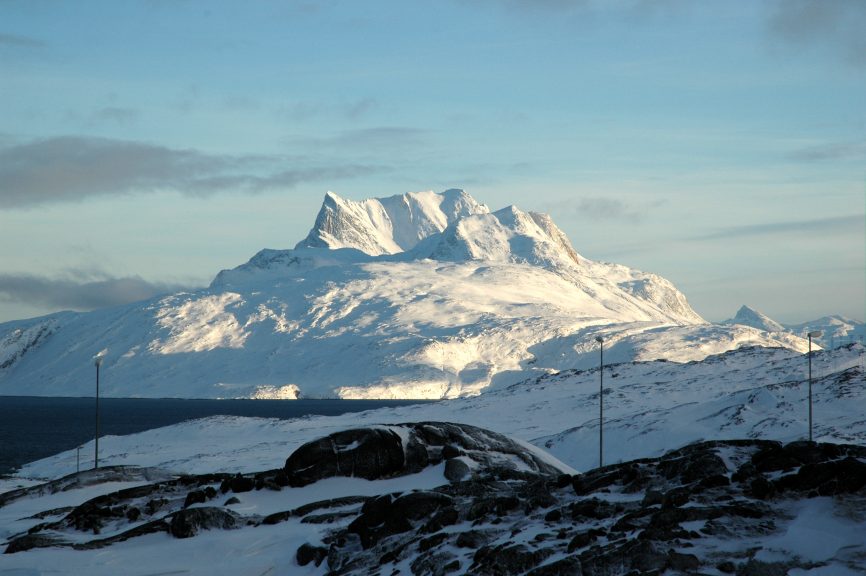
To apply for courses in the Arctic Science Study Programme (ASSP), please complete the “Student Information” form below. After submitting the completed form you will receive an e-mail with details on how to proceed with register for the courses and other practical information.
The ASSP offers graduate (masters) and PhD level courses. The courses in spring form one full semester (30 ECTS). Applicants applying for a full semester are given priority, however, it is possible to apply for single courses. You can find more information about the courses under Arctic Science Study Programme (ASSP).
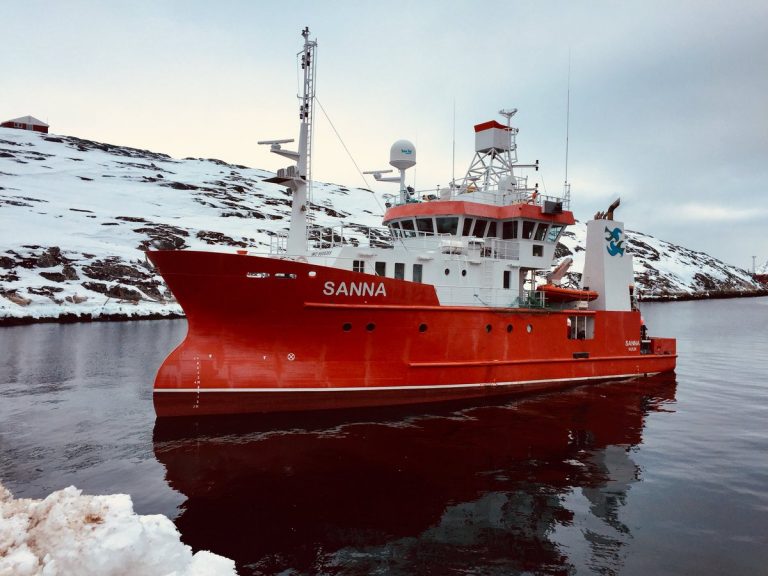
Advanced acoustic mapping techniques open the door for new collaboration opportunities with scientific and non-scientific communities. Technological progress in this area is crucial to maintaining international standards for fish stock estimation, ensuring a sustainable source of income for Greenland and providing new knowledge and a better understanding of the marine Arctic—from microscopic animals, pelagic fish stocks and large marine mammals, to underwater geological structures and landforms.
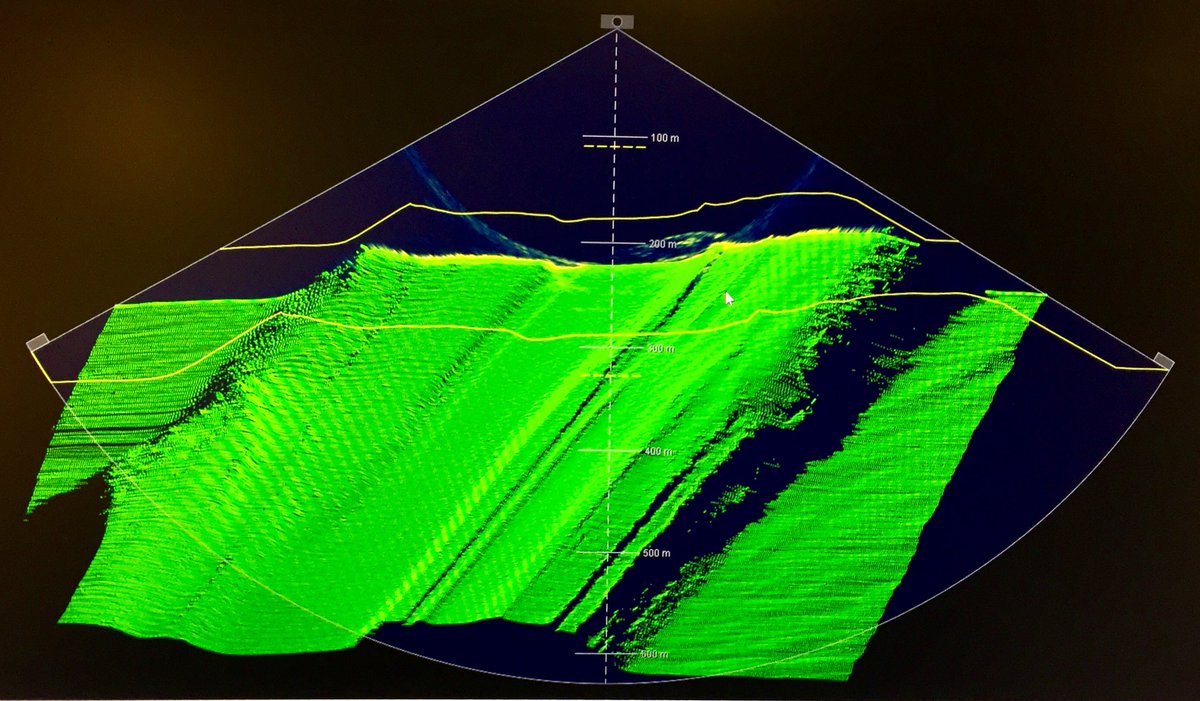
Projection of the seafloor generated by the multi-beam echosounder from Sanna
The project provides a technological platform for surveying pelagic and benthic environments in Greenland to better understand their functioning and variability in an ice-influenced environment. The acoustic systems are composed of a SeaBat T-50R ‘Extended Range’multi-beam echo sounder for high-resolution seabed mapping and a Simrad EK80 ‘fish’ echo sounder for penetrating pelagic ecosystems.
The planned research activities meet the requirements and standards of several leading organizations.
For further information, please contact Diana Krawczyk (dikr@natur.gl).
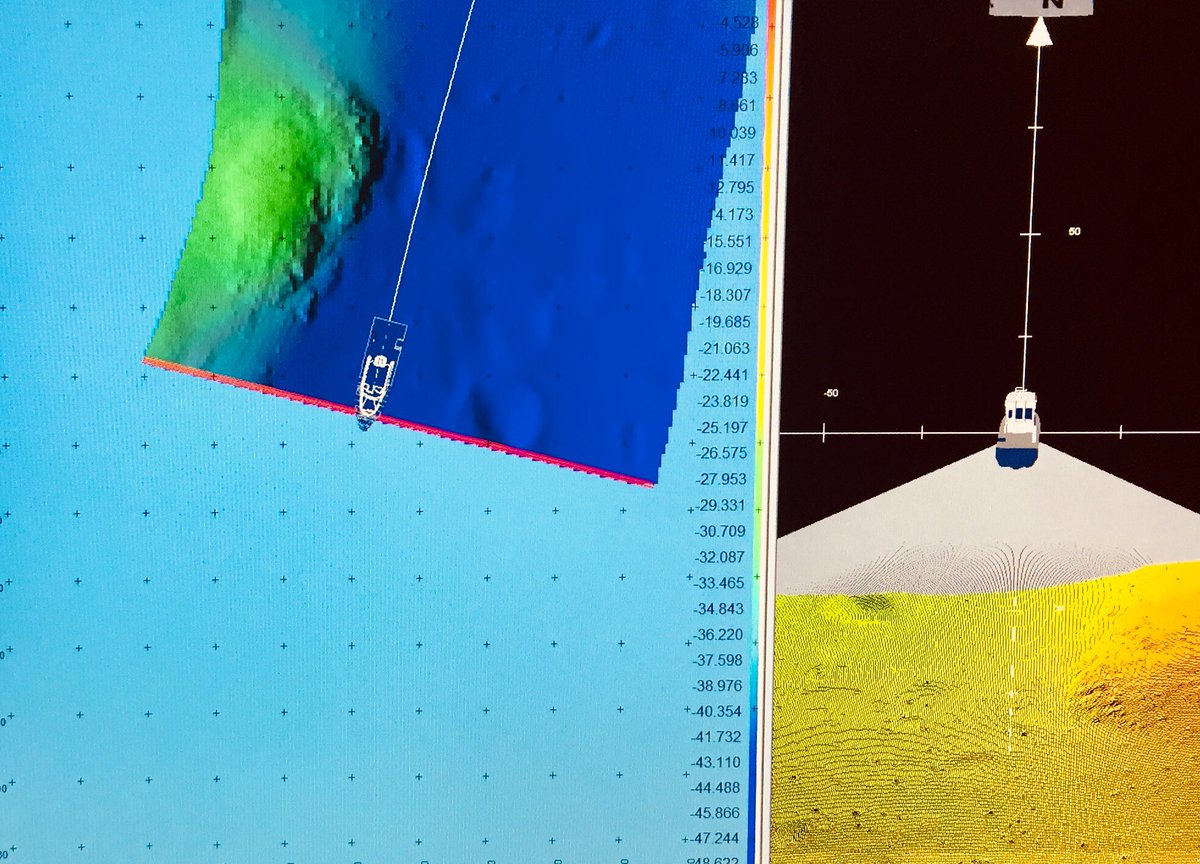
3D projection of the seafloor viewed from the vessel
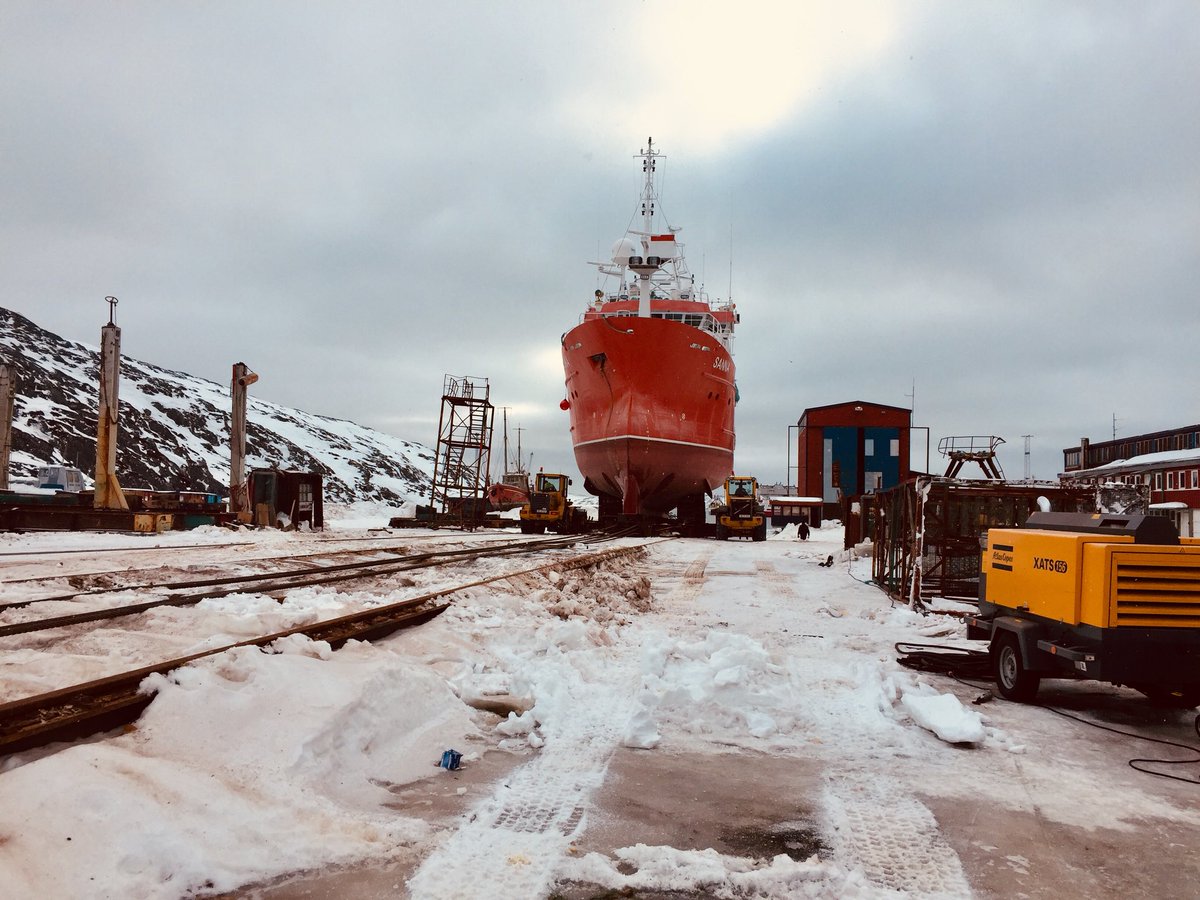
Sanna equipped with the multi-beam echosounder ready for a test cruise
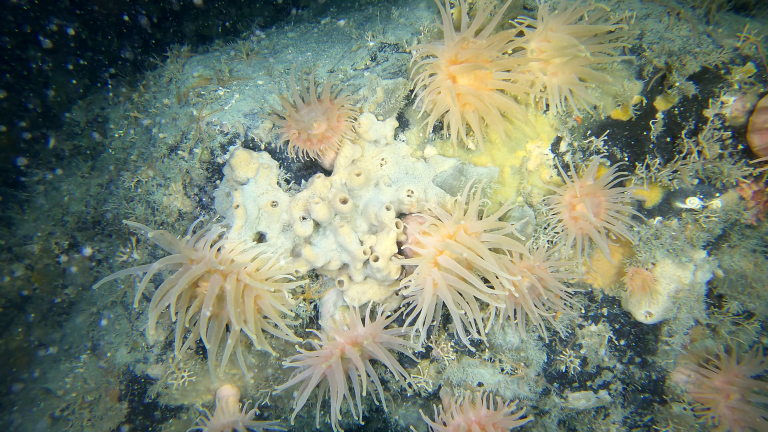
The Greenland Climate Research Centre and the Greenland Institute of Natural Resources have received funding of DKK 17.2 million for ..
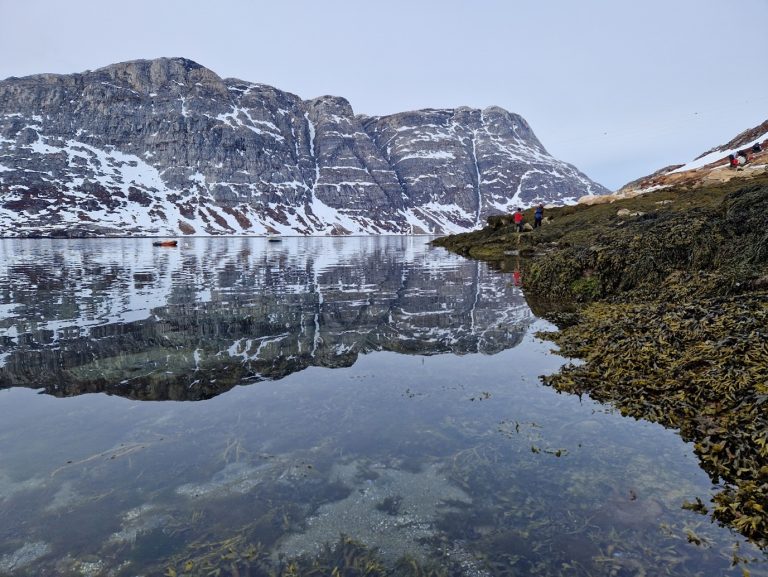
Macroalgae or seaweed are dominating rocky coastlines globally. Even here in Greenland, we can see small kelp such as the ..
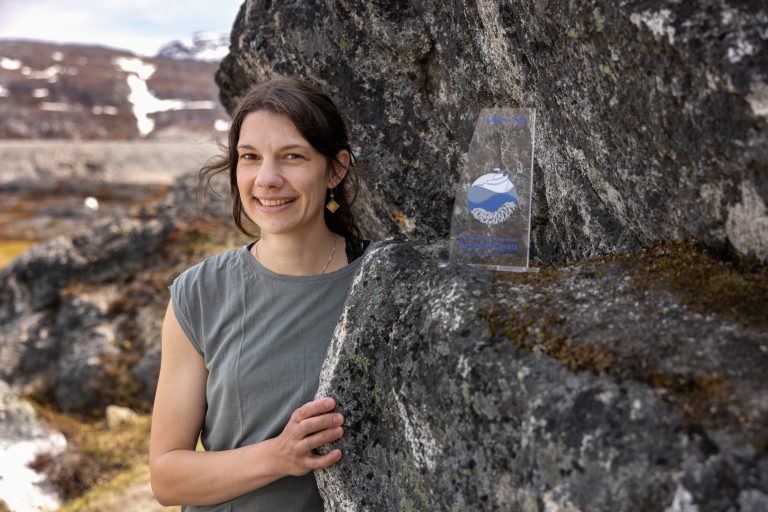
The dark, cold deep sea harbors many unseen treasures, one of which is corals that most people only associate with ..